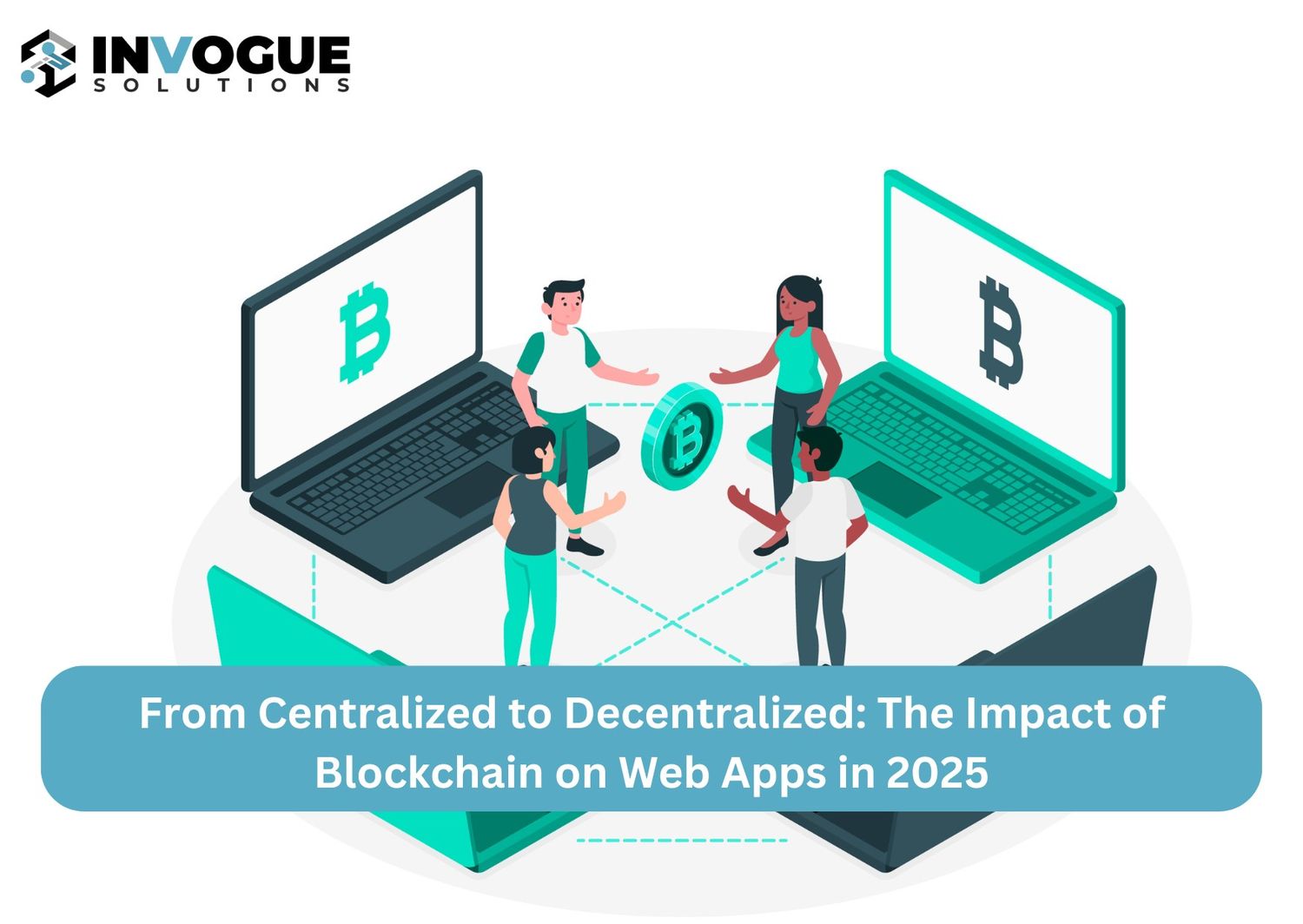With its shift toward decentralization, distrust, and user ownership, Web 3.0 marks a substantial advancement in internet technology. Fundamental to it are technologies such as blockchain, which facilitates the development of decentralized applications (dApps) by offering an unchangeable and transparent ledger. These technologies are starting to change how we create and use the web; they are not merely theoretical.
✅ Influence on web development
Decentralized Infrastructure: By eliminating the need for centralized servers, blockchain enables the development of decentralized networks. This has an effect on web development because it makes it possible to create apps that are more resistant to censorship and single points of failure. In order to store data and carry out logic, developers are learning how to communicate with blockchain networks.
Smart Contracts: These self-executing contracts, which automate procedures without the need for middlemen, have the terms of the agreement encoded directly into the blockchain’s code. In order to automate governance, manage digital assets, and facilitate peer-to-peer transactions, web developers are increasingly incorporating smart contracts into their services.
Tokenization: In web applications, the capacity to generate and administer fungible and non-fungible digital tokens creates new opportunities for digital ownership, community development, and monetization. To encourage user engagement and develop new business models, developers are incorporating tokenomics into their designs.
Privacy and Data Ownership: Web 3.0 places a strong emphasis on user control over data. Users can own their data and selectively provide access thanks to decentralized storage options and blockchain-based data management. This has an impact on how web apps are made to manage user data, emphasizing user consent and privacy.
Novel Application Types:
These changes in technology are opening up completely new types of online applications:
Applications that provide financial services like as lending, borrowing, trading, and yield farming that are based on decentralized infrastructure without the use of conventional middlemen are known as Decentralized Finance (DeFi) Platforms.
Marketplaces for creating, purchasing, and selling unique digital assets, such as virtual land, in-game items, and artwork, are known as non-fungible tokens (NFTs).
Decentralized Autonomous Organizations (DAOs): Platforms and tools that facilitate community-led governance, in which token holders vote on rules and decisions that are encoded in smart contracts.
Decentralized Social Networks: Social media sites designed to provide users greater autonomy over their data and content while avoiding censorship.
Games that include blockchain technology for features like play-to-earn mechanisms, decentralized economies, and actual digital ownership of in-game goods are known as blockchain-based gaming.
Applications that let people manage and govern their digital identities independently of centralized authorities are known as decentralized identity management systems.
Essentially, Web 3.0 technologies are enabling developers to create web apps that are more transparent, safe, and user-focused, opening up new features and business models that were previously unattainable with the conventional web infrastructure.
Let’s get in touch with us!
Invogue Solutions provides organizations in the US and Europe with speedy delivery, eco-friendly software solutions, and round-the-clock assistance.
Speak now;
+92-305-1442020
info@invoguesolutions.com
https://azure-wren-372344.hostingersite.com/


